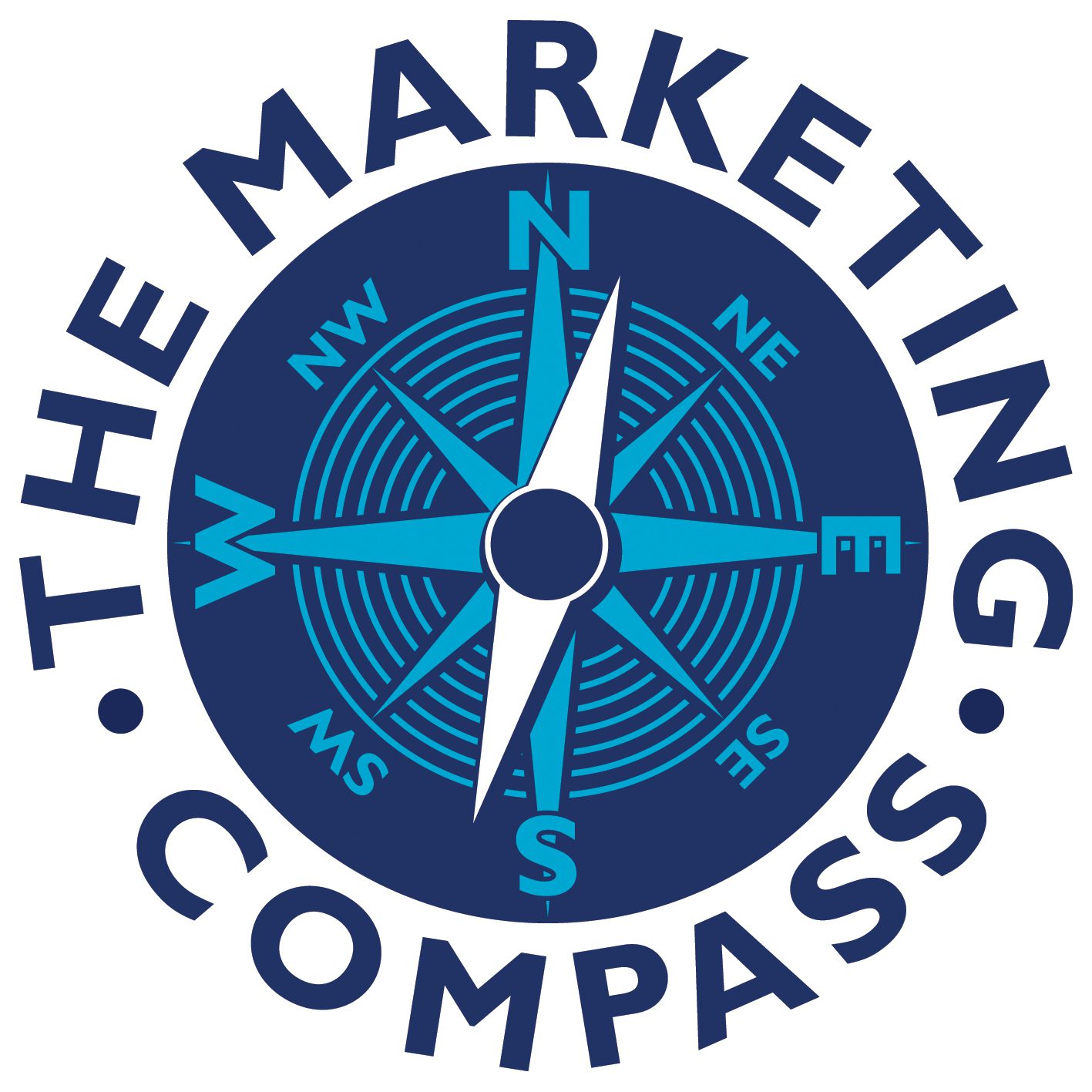Customer Lifetime Value (CLV) estimates the total revenue that can be expected from a single customer throughout the duration of the relationship, from the first purchase to the final interaction.
Several models can be used to calculate CLV, including the following:
- Average purchase value: divide the total revenue by the number of purchases over a given period.
- Average purchase frequency rate: divide the number of purchases by the number of unique customers who made purchases in the same period.
- Customer value: multiply the average purchase value by the average purchase frequency rate.
- Average customer lifespan: estimate the average time a customer continues purchasing from you.
- Customer lifetime value: multiply customer value by average customer lifespan to get a monetary estimate of the total revenue expected from a typical customer.
Mathematical formula:
CLV = (Average purchase value x Purchase frequency) x Average customer lifespan
Benefits of calculating CLV:
- Focusing marketing efforts: understanding CLV helps enterprises to identify the most profitable customer segments, enabling them to develop targeted marketing strategies to attract and retain these valuable customers.
- Budget allocation: CLV provides insights into how much to spend on acquiring new customers and retaining existing ones without compromising profitability.
- Customer retention: by understanding CLV, businesses can prioritise customer retention strategies for high-value customers to potentially increase profitability.
- Personalisation of services: CLV enables businesses to tailor their products and services to customer preferences, enhancing satisfaction and loyalty.
- Pricing strategies: CLV supports informed decisions about pricing strategies. With a high CLV, a business might justify higher spending on customer service or quality improvements.
- Long-term planning: with an understanding of a customer’s lifetime value, businesses can make more informed strategic decisions, from budgeting to expansion.
CLV is important because it enhances understanding of the value derived from customer relationships and optimises marketing strategies to improve profitability. By efficiently using resources, focusing on customer retention and personalising interactions, businesses can improve their market standing and financial health.
Once a customer has made a purchase, they are more likely to buy again. Therefore, there is value in selling small things ad focusing on the very first purchase that a customer makes.
Nigel Temple is a marketing consultant and trainer.

